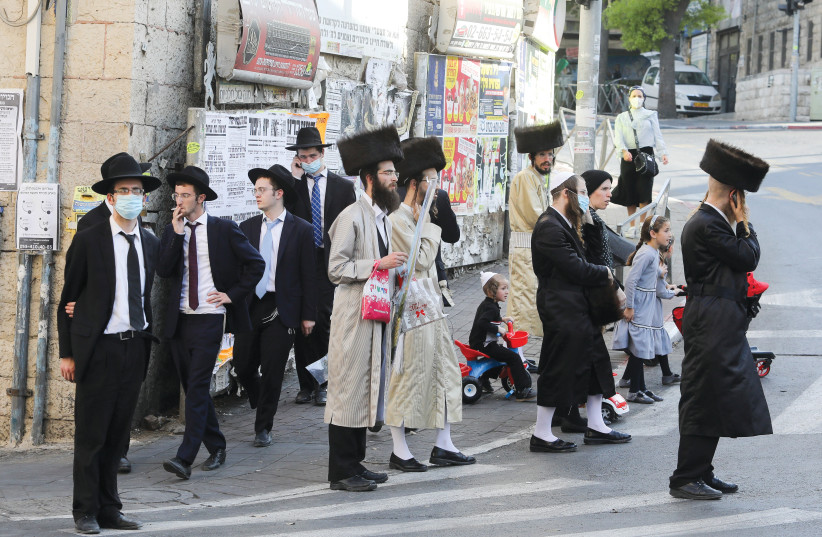In the rich tapestry of Israeli society, where diverse groups often find themselves at odds, a recent study sheds light on the complex dynamics of victimhood and discrimination that pervade public discourse.
I, together with Prof. Eran Halperin and Leah Beloy, study the phenomenon known as “competitive victimhood,” where groups compete over the status of being considered the victim or the offender in societal conflicts.
Traditionally, children’s literature has painted conflicts in broad strokes of good versus evil, heroes against villains, offering clear moral judgments.
This binary perspective, while simplifying moral decisions for children, contrasts sharply with the nuanced realities adults face. As individuals mature, they come to understand that reality is far more complex, and moral judgments are not as black-and-white as once believed. The ability to grasp and hold on to a multifaceted story, acknowledging that every tale has more than one side, is a sign of emotional and psychological maturity.
This realization becomes particularly poignant in the context of group identities and conflicts. Whether discussing the ultra-Orthodox versus the non-ultra-Orthodox communities in Israel or any other groups in contention, the narrative often simplifies to a binary of victim and aggressor. Each group views itself as morally superior, just, and wronged, while perceiving the other as the perpetrator of injustice.

This dynamic was explored in a series of studies conducted from the perspective of both the ultra-Orthodox and secular communities, particularly during the coronavirus pandemic.
Findings show stark division
The findings reveal a stark division in perceptions of discrimination and victimhood. When questioned about discrimination in state budget allocations, ultra-Orthodox respondents overwhelmingly felt they were treated unfairly, while secular respondents tended to deny such discrimination. This mirrored sentiment was also observed when the question was inverted, highlighting a pervasive sense of competitive victimhood across both groups.
However, a recent survey conducted by the same research team indicates a significant shift in these perceptions. For the first time since the onset of the coronavirus pandemic, there has been a dramatic change in the ultra-Orthodox community’s sense of victimhood. In January of the previous year, 74% of the ultra-Orthodox population felt negatively discriminated against by the state. As of January 2024, this number has decreased to 58%, marking a significant reduction in perceived discrimination and suggesting a broader acceptance of varied experiences of discrimination within Israeli society.
This change, seemingly sparked by events or revelations on October 7, suggests a potential turning point in the narrative of competitive victimhood. It raises questions about the evolving dynamics of group identities and conflicts within Israel, and whether this signifies a broader trend toward reconciliation and understanding among its diverse populations.
As Israel continues to navigate the complexities of its societal fabric, this study offers a crucial insight into the mechanisms of conflict and perception among its people. The evolution of these perceptions could play a pivotal role in fostering a more inclusive and empathetic society, where the narratives of all groups are acknowledged and respected.
